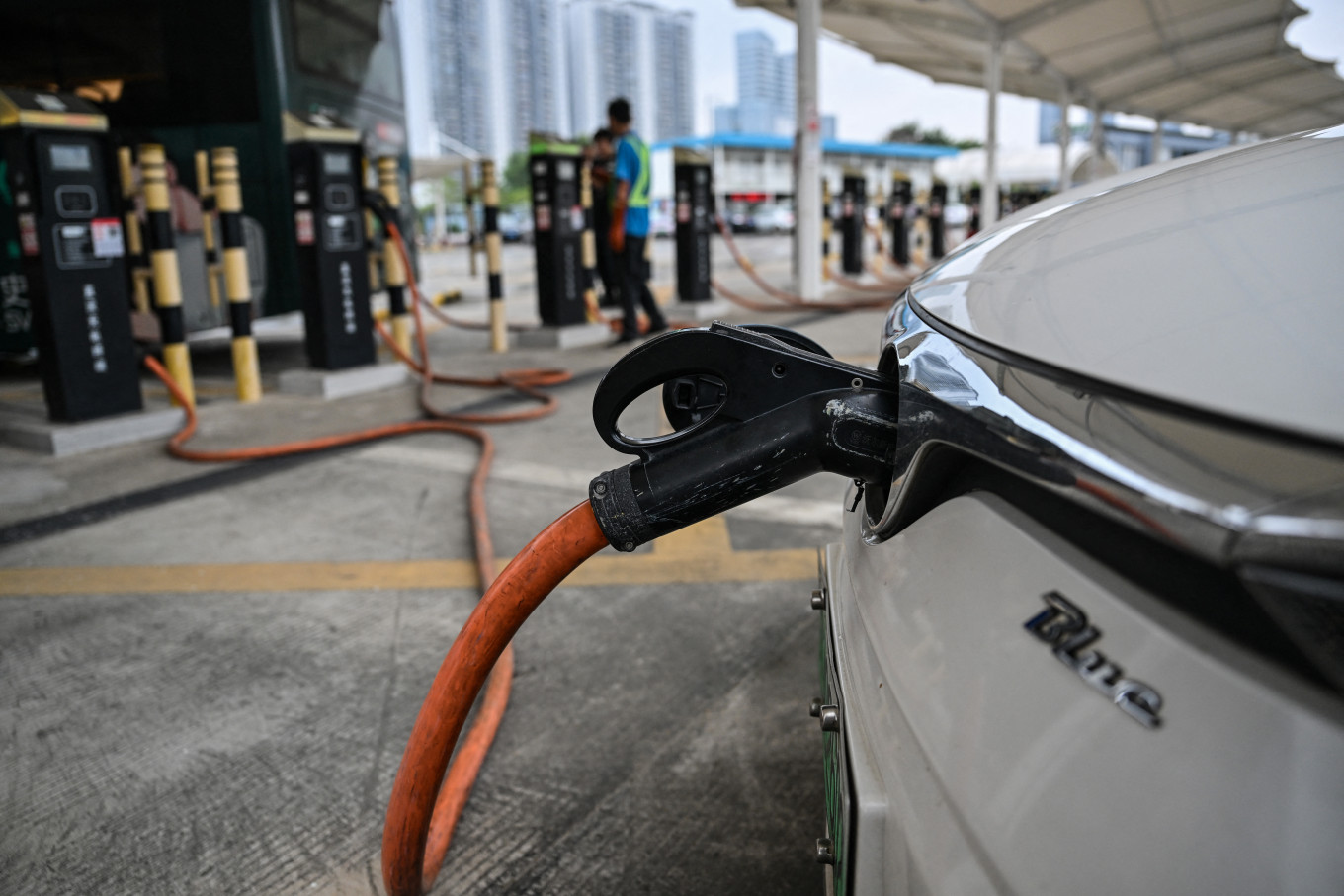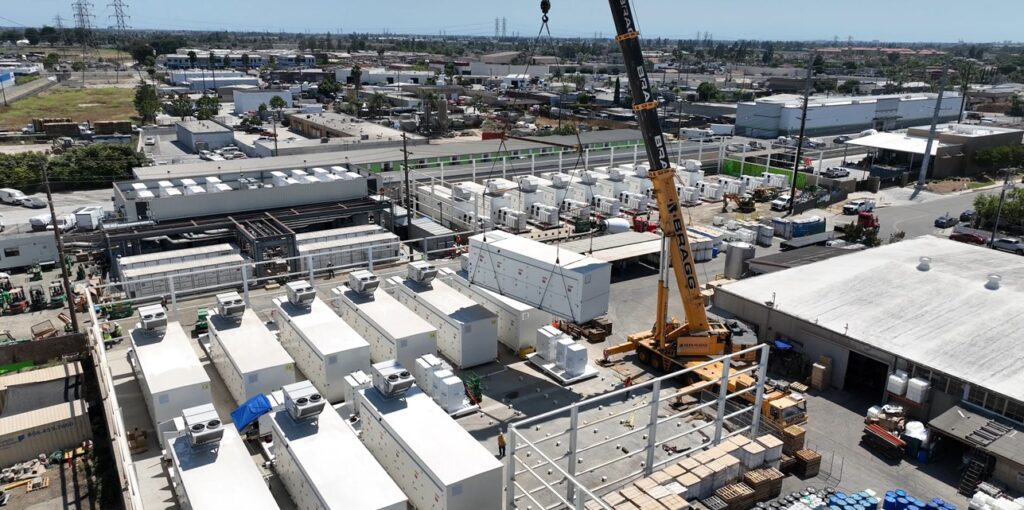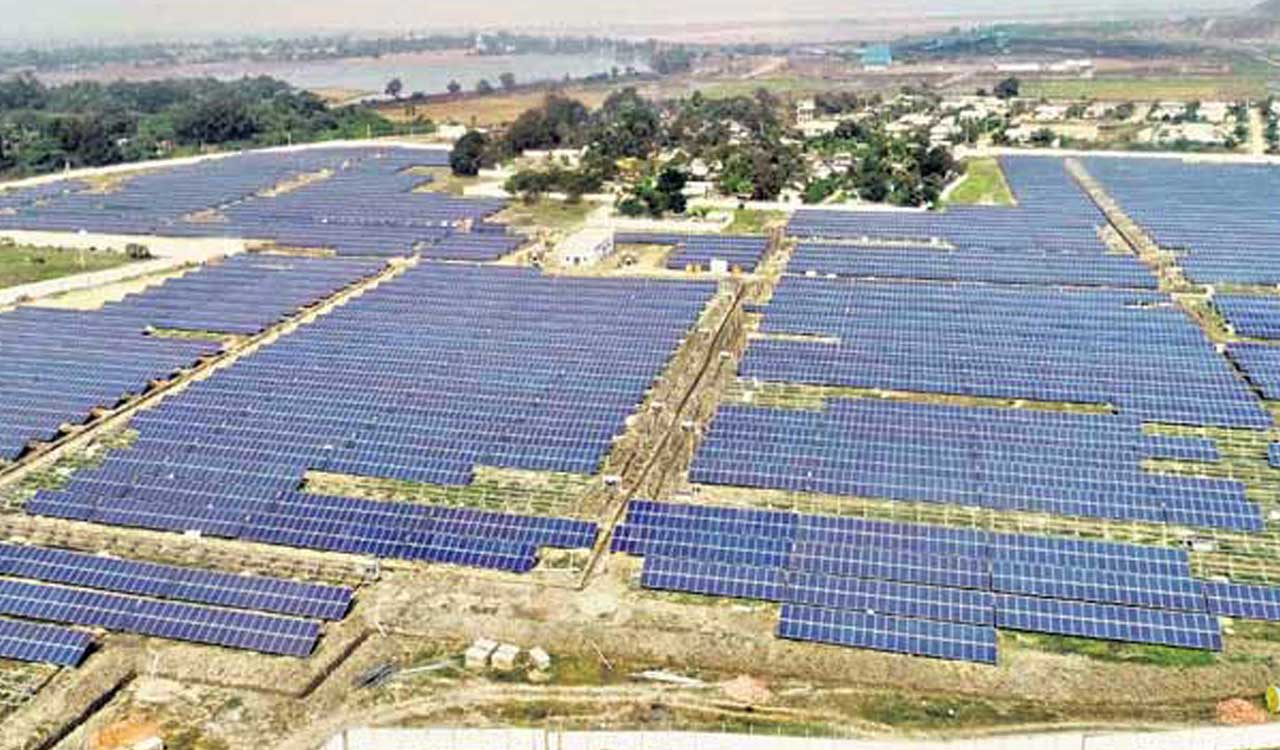Opposition to EU’s Proposed Tariffs
The China Association of Automobile Manufacturers (CAAM) has voiced its strong opposition against the European Union’s revised draft, which proposes punitive tariffs on Chinese-made electric vehicles (EVs). This stance was reported following the European Commission’s recent publication of its findings from a high-profile investigation into alleged state subsidies provided to Chinese EV manufacturers.
Impact and Implications of Proposed Tariffs
According to the report by Chinese state broadcaster CCTV, the revised draft suggests imposing duties of up to 36.3%, a slight decrease from the initially planned 37.6%. The European Commission believes that Chinese EV production has benefited extensively from governmental subsidies, justifying the proposed tariffs to level the playing field in the EU market.
Consequences for the Automotive Sector
CAAM has warned that these tariffs pose enormous risks and uncertainties for Chinese operations and investments within the EU. The high tariffs are seen as undermining the confidence of Chinese enterprises in the European market. Moreover, CAAM argues that such punitive measures would adversely impact the development of the EU’s automotive industry, potentially stifling local employment opportunities and hindering progress toward green and sustainable development goals.
Broader Economic Implications
The ongoing tensions between China and the EU over these tariffs highlight deeper trade disputes that could have wider implications for international relations and economic cooperation in the automotive sector. Both regions stand at a critical juncture, where decisions made now could shape the future landscape of global automotive trade, particularly in the burgeoning market for electric vehicles.
Source: thejakartapost.com





